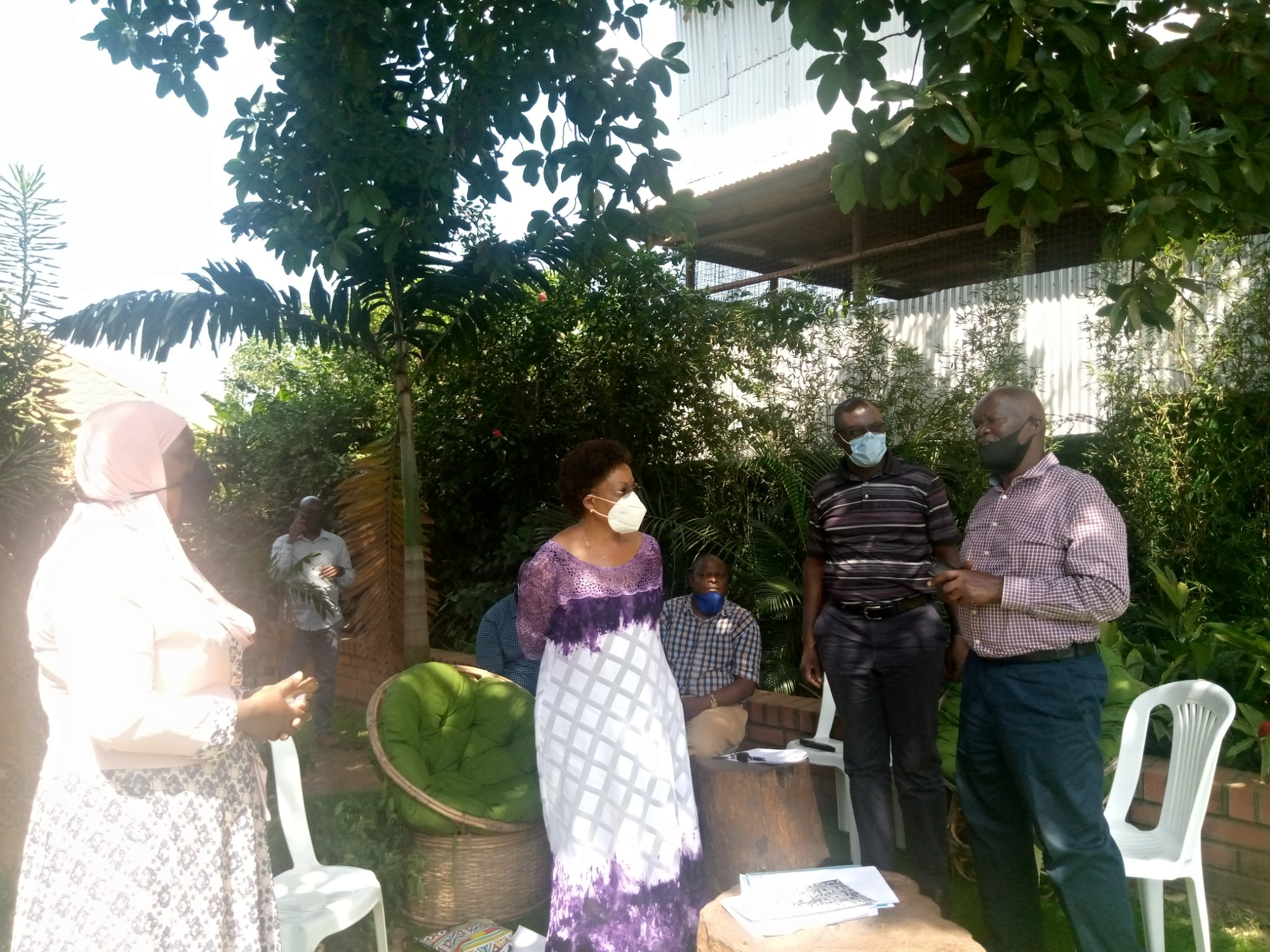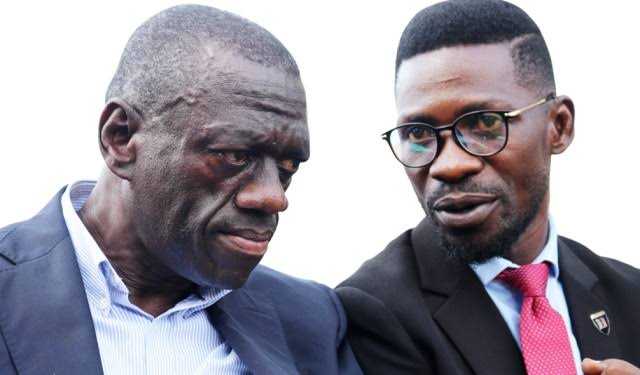In the Busoga sub-region, officials have confessed to corrupt practices, attributing them to their low salaries, as revealed by the Inspectorate of Government (IGG) through its recent engagements.
Gerald Gwaira, an official from the Ombudsman’s office, reports that public servants often excuse their involvement in corruption due to their inadequate pay, which they argue limits their operational capacity.
“At our anti-corruption training events in Kamuli, Kaliro, and Namutumba districts, a significant number of public servants have acknowledged that their participation in corruption is a direct result of their low earnings,” Gwaira informed attendees from various sectors in Namutumba District.
Nevertheless, Gwaira highlighted that their findings do not correlate low salaries with corruption, as instances of theft are also prevalent among those receiving substantial salaries, suggesting greed as a possible cause.
The IGG’s office has concluded that prevention through education and advocacy is more effective than punitive measures in combating corruption.
“The IGG’s office is in the process of establishing district-wide forums within the Busoga sub-region dedicated to discussing and resolving corruption issues. The responsibility to fight corruption extends to all Ugandans, not just to President Museveni and the IGG,” he declared.
IGG statistics show that Uganda suffers an annual loss of approximately Shs10 trillion due to corruption.
Gwaira issued a stark warning: “A united front against corruption is crucial; otherwise, Uganda’s stability is in jeopardy,” implying that the poverty in the region is indicative of the malfeasance of those in power.
Joseph Mulamuzi, an IGG officer, pointed out that the corruption problem in Uganda is not confined to public servants but also involves politicians and private individuals who fail to repay government funds.
He highlighted the exploitation of Social Assistance Grants and the failure of individual contractors to fulfill their obligations under government-funded contracts.
Kagere Kauma, the Principal Assistant CAO of Namutumba District, advocated for thorough probes into individuals who neglect to repay government loans.
Lastly, Charles Nabanja, the chairperson of Namutumba central market, called on IGG Betty Kamya to investigate the conduct of Resident District Commissioners (RDCs) who are reportedly making unauthorized legal decisions on land disputes.






